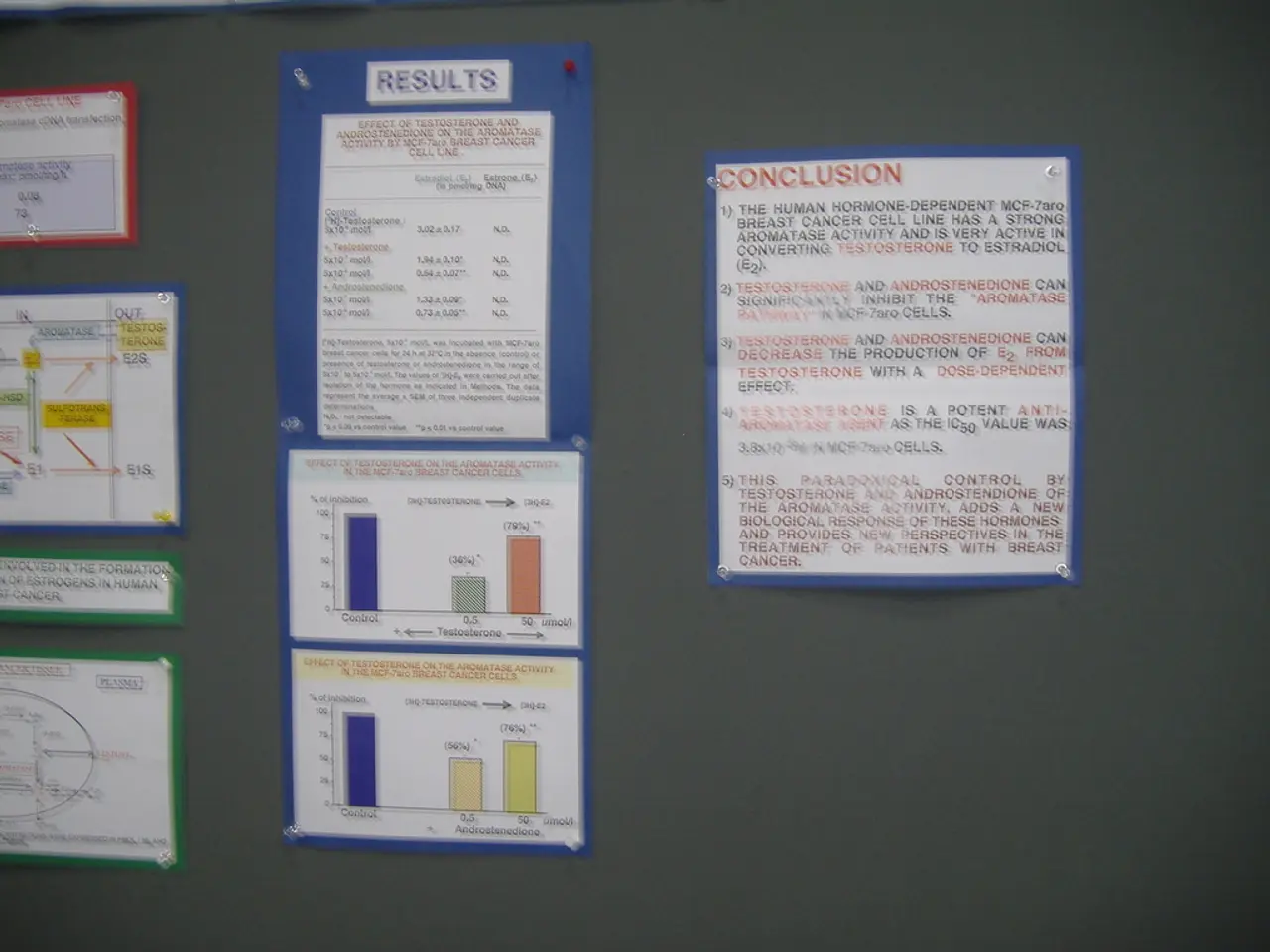Exploring Estate Tax Regulations in Depth: An exhaustive Explanation
In a significant development for estate planning, the One Big Beautiful Bill Act (OBBBA) passed in July 2025 has made permanent changes to federal estate tax laws. Here's what you need to know.
Before the OBBBA, the Tax Cuts and Jobs Act (TCJA) of 2017 temporarily doubled the federal estate and gift tax exclusion from $5 million to $10 million (adjusted annually for inflation), resulting in a 2025 exemption of about $13.99 million. However, the OBBBA has brought about a more permanent solution.
The new law sets the federal unified estate and gift tax exclusion at $15 million per individual and $30 million for married couples, starting in 2026. This replaces the previously scheduled reduction from the 2025 inflation-adjusted exemption of about $13.99 million down to roughly $7 million in 2026 under the prior law. Subsequent inflation adjustments will be based on the 2025 baseline starting in 2027. The generation-skipping transfer (GST) tax exemption is also increased to match this $15 million level.
These changes provide permanent certainty at a significantly higher exclusion threshold, eliminating the prior sunset provision that threatened a major cut in 2026. The OBBBA also includes extended and modified provisions for Qualified Opportunity Zones (QOZs), allowing capital gain deferrals and potential exclusions with new reporting requirements.
However, it's important to note that state estate tax laws may vary significantly. Some states impose taxes on estates even below the federal threshold, so it's crucial to check individual state laws separately from the federal changes noted here.
The permanent increase in the federal exclusion means fewer estates will be subject to federal estate tax, reducing the urgency for some aggressive gifting or estate planning strategies motivated by the anticipated sunset provisions.
Properly structured life insurance can be placed in an irrevocable life insurance trust (ILIT), effectively lowering the taxable estate and enhancing the overall estate plan. Wills provide clear instructions for the distribution of assets, reducing ambiguities and potential disputes.
Understanding the interplay between federal and state estate tax laws is important for effective estate planning. Trusts can aid in orchestrating tax strategies that comply with estate tax laws. Remember, heirs are not directly responsible for estate taxes; the estate itself bears this financial obligation.
Stay informed about any updates in estate tax laws to ensure your estate plan remains effective in minimising tax liabilities and fulfilling your wishes for your assets. Consult with an elder law practitioner or a financial advisor to explore estate planning strategies that best suit your needs.
References:
- Internal Revenue Service
- National Conference of State Legislatures
- Tax Foundation
- Forbes
- Kiplinger
- With the One Big Beautiful Bill Act (OBBBA) permanently altering tax law, understanding the implications for finance and business, particularly in estate planning, has become crucial for individuals and financial advisors.
- Proper estate planning strategies, such as the use of irrevocable life insurance trusts (ILIT) and clear instruction-giving through wills, can help manage tax liabilities under the new federal estate tax laws, which have been significantly increased by the OBBBA.




